Massimo Terzano
Nascimento : 1892-04-23, Turin, Piedmont, Italy
Morte : 1947-10-18

Director of Photography
A crafty barber acts as a go-between for a count in disguise and rescues Rosina from marriage with her guardian. An operatic comedy.

Director of Photography
The story is taken from the drama "I Pescatori" (The Fishermen) by Raffaele Viviani, and is set in a fishing island off the coast of Naples (clearly identifiable with Ischia). Here lives Concetta, a widow with two children, who now lives with another man who however secretly lusts after his stepdaughter until when, on a stormy night...

Director of Photography
The ordinary life of the prudent employee Mr. Travet accelerates as he and her wife meet his new chief.

Director of Photography
When her sweetheart Bruno joins the Italian army, Gina, bored by her lack of social life, weds Tullio. She comes to regret her decision when Tullio proves to be a Nazi collaborationist. Casting her lot with the Resistance movement, Gina is forced into a difficult decision when the safety of ex-lover Bruno is endangered by the treachery of Tullio.
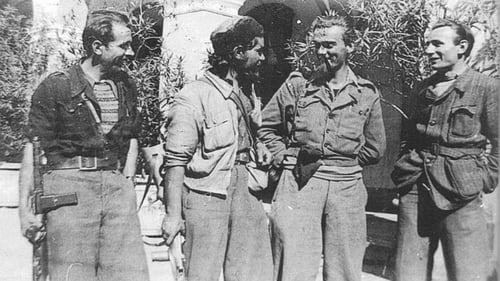
Director of Photography
An Italian WWII documentary by a group of neorealists.

Director of Photography
Started in the summer of 1943 by Lattuada and , the because of the war that raged in Italy at the time, the shooting was interrupted several times only to stop for good in September of the same year. It only resumed after the war, in the spring of 1945, but with Mario Costa as the director instead of Lattuada. It was eventually released in September 1945 with only Lattuada billed as the director. Similarly, the film was started with Vittorio Gassman in the role of Brunello, but when the shooting resumed in 1945 he was replaced by Leonardo Cortese

Director of Photography
This melodrama was directed by an émigré Russian from a story by Corrado Alvaro and Emanuele Caracciolo. The latter was murdered by the Nazis in the Fosse Ardeatine massacre, before the film’s post-war release. Featuring Miranda and Girotti prior to neo-realist stardom.
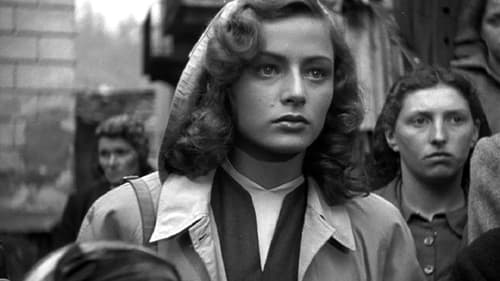
Director of Photography
An engineer, devastated by the death of his fiance during a mountain expedition in north Italy, hopes he might forget about her by marrying a young nurse who adores him. But one day he returns to the mountain retreat where he’d had such happy days with his fiance, leaving his young bride distraught.

Director of Photography
A nineteenth-century Italian noblewoman, imprisoned in a foreboding lakeside palazzo by her uncle, comes to believe she's possessed by a long ago mistress of the manor.

Director of Photography
Count Anikoff, a Russian officer, challenges his best friend, Sergei, to a duel when he finds him courting the young woman he, too, is in love with. Sergei can't bring himself to kill his friend. He fires only after taking the bullet out of his pistol. Now, it is the Count's turn to fire...
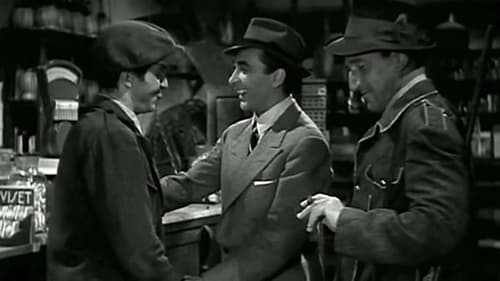
Director of Photography
Released from jail, Nanni punches prison guard Stefano who has denounced him. In order to take revenge, Stefano suggests the suspicion that, during his absence, his wife has had business with the Count Paolo. A few days later, at night, a deadly ambush will be prepared. Based on the novel The Trap (1928) by Toscan Delfino Cinelli.

Director of Photography

Director of Photography

Director of Photography

Director of Photography

Cinematography
Annna, a rich lady, decides to finance in great secrecy a singular enterprise: the founding of a real center for the creation of ideas, directed by Mario Morelli, a poet and songwriter perpetually waiting for great success, and a painter, Enrico Bovio, who cannot find the inspiration or the model for a portrait of a woman he wants to finish. Both are short of money and, convinced of the brilliance of their ideas, wish to open that bizarre business, called precisely the "Bazaar of Ideas".

Director of Photography
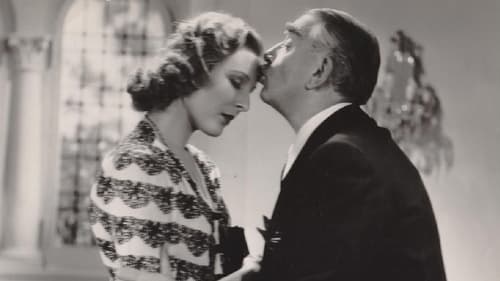
Director of Photography

Director of Photography
A young man from the provinces who inherited a certain sum, decides to go to Rome to devote himself to the cinematographic activity.

Director of Photography
The great Italian opera composer recalls his eventful life on his deathbed: his childhood in Busseto, his studies in Milan, his first opera "Oberto, conte di San Bonifacio", the death of his wife and his children killed by smallpox.
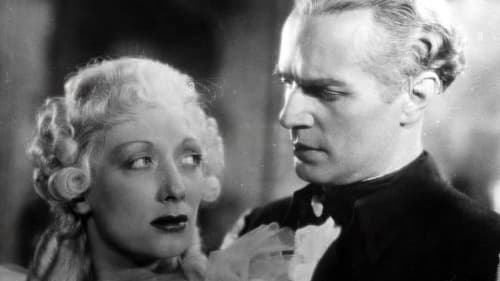
Director of Photography
A film about the story of princess Élisabeth Tarakanova.

Director of Photography
A romance between two temperamental singing stars. Highlights include a lengthy selection from Faust, with Gigli making a most impressive Mephistopheles. The plot takes a melodramatic turn towards the climax, with the lives of the characters mirrored in their on-stage behavior. Director Carmine Gallone was something of an expert in the field of filmed opera, as witness his Tosca, Rigoletto and Il Trovatore.

Director of Photography
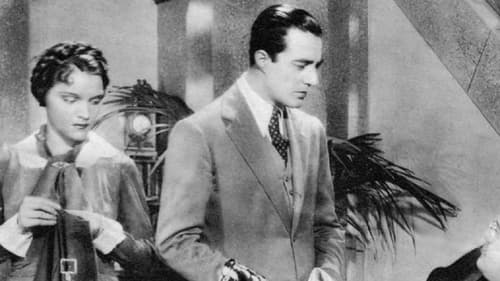
Director of Photography
Based on a Pirandello play, Vittori De Sica plays a wealthy young social lion who has to constantly fight off a horde of women who are eager to marry him because of his position and money. He weds Elisa Cegani, a servant girl, who turns out to be a more appealing wife than any of the others could have been. Assis Noris decorates the screen well as one of the chasers and pursuers. In 1937, De Sica and Noris made a film, "II Signor Max," which, other than the setting and character role names, basically has the same plot as this film.

Director of Photography
A precious painting suddenly disappears from the house of a noble Italian family. A relative from America investigates the mystery.

Director of Photography
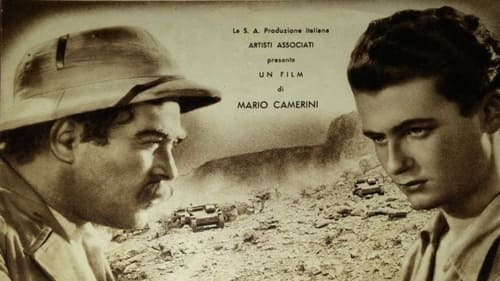
Cinematography
An Italian proprietor of a squalid Djibouti bar collaborated in selling arms to Ethiopians fighting his own country's invasion but after finding his long lost son on the Fascist front he decides to choose patriotism over selfish profit.
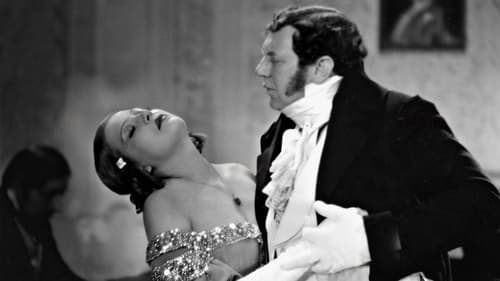
Director of Photography
Martha Eggerth heads the cast of Casta Diva, but the central character is famed Italian composer Vincenzo Bellini, here played by American actor Phillips Holmes. Paying but scant attention the facts, the film concentrates on Bellini's colorful love life. Evidently the film went through several rewriting processes, as witness the curious performances of Donald Calthrop and Arthur Margetson, whose characters do complete about-faces halfway through the story. Amidst so many British accents, Martha Eggerth's Polish intonations seem out of place, but she photographs beautifully and sings quite well. Casta Diva was attractively filmed on location in Naples.
Not to be confused with the 1954 remake (by Gallone himself) or to the English language version "The Divine Spark" (also directed by Gallone and starred by Eggerth).

Director of Photography

Director of Photography

Director of Photography
The homonymy of her husband with a criminal who has several murders on his conscience, committed in Canada, scaring the young wife who is a passionate reader of mystery novels and has a guilty conscience

Cinematography
The film follows Giovanni, a working-class orphan living in Rome, who realizes that his criminal lifestyle is wrong and becomes a devout fascist.
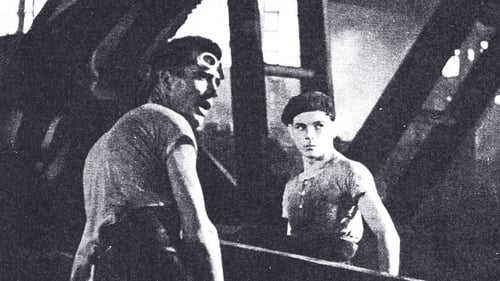
Director of Photography
In the huge steel factories in Terni (Umbria, Italy), two friends: Mario and Pietro, fight for the love of the same girl, Gina. Pietro dies because of a work accident at the factory. The other workers think Mario is responsible for the death of his friend. Mario, who is innocent, is forced to quit, but his love for Gina and his dedication to his job help him out of his crisis.
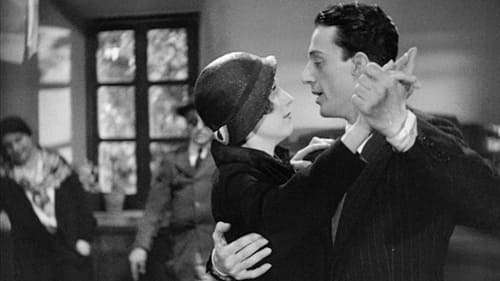
Director of Photography
Bruno, a chauffeur having some problem in keeping a job, meets one morning Mariuccia, a taxi driver’s daughter working as a perfumery’s shop assistant, and trying to impress her, pretending to be rich, uses his employer’s car to took her on a trip to the lakes, but things don’t work as planned and to conquer Mariuccia’s hearth won’t be so easy…
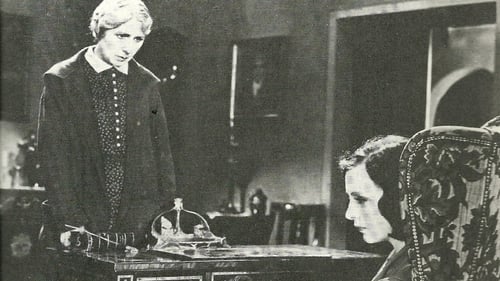
Director of Photography
A young woman takes care of the just-born child of her late mother. Sacrificing her engagement and studies along the way.

Director of Photography

Director of Photography
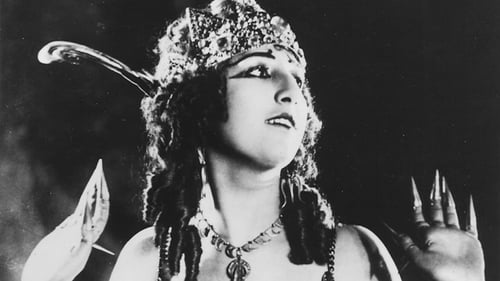
Director of Photography
The devil takes Maciste down to hell in an attempt to corrupt and ruin his morality.

Director of Photography

Director of Photography

Director
The reconstruction and restoration of Dall’Italia all’Equador reveal a dynamic and engaging documentary by one of the greatest directors of photography of Italian cinema, Massimo Terzano. Active for three decades, from the 1920s to 1940s, Terzano demonstrates solid technical mastery as a director/cameraman in this 1924 film. (Frida Bonatti)
























